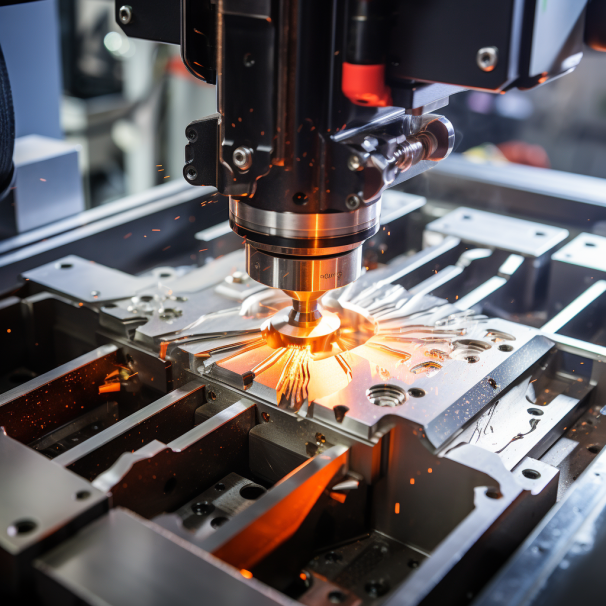Introduction: Unpacking CNC Machining
Computer Numerical Control (CNC) machining is a subtractive manufacturing process where computer software controls the movement of factory machinery and tools. This ensures the production of components with high precision and repeatability. Over the years, CNC machining has rapidly evolved, becoming the backbone of many industries, thanks to its numerous advantages. Let’s delve into the world of CNC machining and uncover the plethora of benefits it offers.
Precision and Accuracy
Consistency in Repetition
One of CNC machining’s hallmark advantages is its ability to maintain consistent precision across multiple iterations. Whether you’re producing ten parts or ten thousand, the level of detail remains the same.
Reduced Human Error
By automating intricate cutting tasks, CNC machines substantially reduce the chances of human error. The software ensures that every cut, drill, or shape is executed perfectly every time.
Complex Geometries
Traditional manual machining struggles with complex geometries and intricate designs. CNC machines, however, excel in these areas, as the computer can direct tools with extreme precision.
Flexibility and Versatility
H3: Adaptable to Design Changes
Once a design is uploaded into the CNC software, modifying it is straightforward. This makes prototyping more effective, as designers can tweak and iterate designs easily without exhaustive manual recalibrations.
Multiple Materials Options
From metals like aluminum and brass to plastics like PTFE and ABS, CNC machines can handle a wide variety of materials. This versatility ensures manufacturers can choose the most suitable material for their specific application.
Scalability and Efficiency
Quick Production Cycles
While the initial setup can be time-consuming, once it’s done, CNC machines can run continuously, producing large volumes of parts faster than manual methods.
Reduced Waste
Precision machining means fewer mistakes and, thus, less waste. Raw materials are expensive, so this efficiency is both environmentally and economically beneficial.
Fewer Labor Hours Required
While operators are still essential for overseeing the process, CNC machines reduce the need for manual labor, thereby saving costs and time.
Reliability and Durability
Long Operational Lifespan
CNC machines are built for durability. With proper maintenance, they can operate for long hours over extended periods, providing value for years.
Safety Enhancements
Since the entire operation is enclosed, there’s a reduced risk of accidents compared to manual machining. Operators can safely oversee the process without direct contact with tools and materials.
Economic Benefits
Cost Savings in the Long Run
The initial investment in CNC machines might be high, but they save costs in the long run through reduced waste, labor, and production times.
Broadening Market Possibilities
The precision and capabilities of CNC machining allow businesses to venture into markets that demand strict tolerances and complex designs, opening up new revenue streams.
Conclusion: The Future Looks CNC
As industries continue to seek efficient, precise, and scalable production methods, CNC machining stands out as a beacon. The advantages it offers—from precision to flexibility—are unmatched, promising an even more integrated role in the future of manufacturing.

